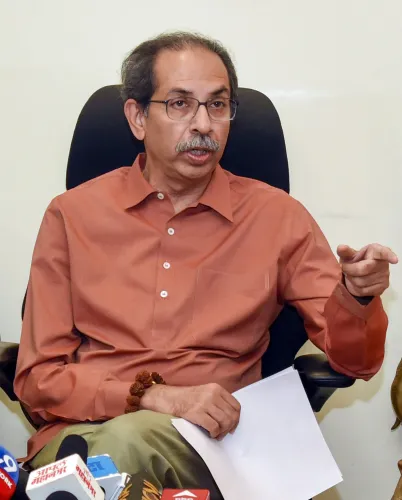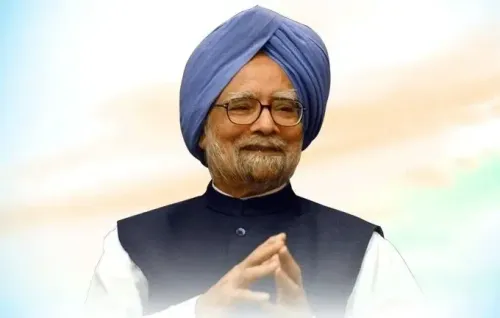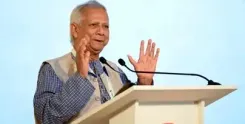Will Pakistan's Push for Full Dialogue Partnership with ASEAN Face Opposition?

Synopsis
Key Takeaways
- ASEAN operates on a consensus-based approach.
- Indonesia and Singapore are likely to oppose Pakistan's bid.
- Cambodia may support Pakistan under China's influence.
- India emphasizes its commitment to ASEAN unity and counter-terrorism.
- Pakistan is trying to internationalize its issues with India.
New Delhi, June 16 (NationPress) Pakistan is expected to encounter significant resistance from Southeast Asian countries, including Indonesia and Singapore, as it seeks to secure the status of a full dialogue partner with ASEAN, backed by the current chair, Malaysia, according to reports released on Monday.
Islamabad's initiative to pursue membership in the Association of Southeast Asian Nations (ASEAN) is part of its broader strategy to engage with multiple multilateral platforms to advance its anti-India agenda. Analysts believe that Pakistan is striving to internationalize its bilateral issues with India, a strategy consistently opposed by New Delhi.
Nevertheless, reports indicate that Pakistan's endeavors are facing a considerable obstacle, given that ASEAN functions on a consensus-based principle. Indonesia and Singapore are likely to align with India in opposing Pakistan's aspirations.
Some insiders suggest that under pressure from Beijing, Cambodia may support Pakistan's bid to join as a dialogue partner. Cambodia is regarded as China's closest ally in the Southeast Asian region, while Malaysia, the current chair of ASEAN, has been intensifying its ties with China.
Following their initial support for Pakistan during Operation Sindoor after the Pahalgam terror incident, both Cambodia and Malaysia retracted their statements to back India's counter-terrorism efforts.
Indonesia, which houses the largest Muslim population globally, has approached Pakistan's stance on Kashmir with skepticism and has actively opposed its efforts against India during Organisation of Islamic Cooperation (OIC) meetings.
Simultaneously, the Indonesian government is prioritizing the strengthening of its strategic and economic relations with India, aiming to deepen its engagement with New Delhi.
During his visit to India, Indonesian President Prabowo Subianto, the Chief Guest at the 76th Republic Day celebrations, extended his stay and even cancelled plans to visit Pakistan.
At a recent OIC Parliamentary Union meeting in Jakarta, Indonesia, along with Egypt and Bahrain, thwarted Pakistan's attempts to include a mention against India regarding Kashmir.
During another OIC meeting in New York following the April 22 Pahalgam attack, Oman led efforts to soften references to Kashmir in the final document, a move supported by Indonesia, Egypt, Bahrain, and Kazakhstan.
Additionally, last month, an all-party parliamentary delegation from India, led by Janata Dal (United) MP Sanjay Jha, engaged in a productive discussion with Kao Kim Hourn, Secretary-General of ASEAN, at the ASEAN Secretariat in Jakarta.
The Secretary-General condemned all forms of terrorism and acknowledged India's principled stance. He reiterated ASEAN's dedication to collaborating closely with India—a comprehensive strategic partner—on security and counter-terrorism.
ASEAN was established on August 8, 1967, in Bangkok with the signing of the ASEAN Declaration (Bangkok Declaration) by its founding members, which included Brunei, Cambodia, Indonesia, Laos, Malaysia, Myanmar, The Philippines, Singapore, Thailand, and Vietnam.
Countries within ASEAN are a crucial pillar of India's 'Act East' policy and are key partners in its Indo-Pacific Vision, emphasized by Prime Minister Narendra Modi's Security and Growth for All in the Region (SAGAR) vision.
India places immense importance on the ASEAN-centric regional framework and has reaffirmed its strong commitment to ASEAN unity, centrality, the ASEAN Outlook on the Indo-Pacific (AOIP), and advancing the ASEAN-India Comprehensive Strategic Partnership.










